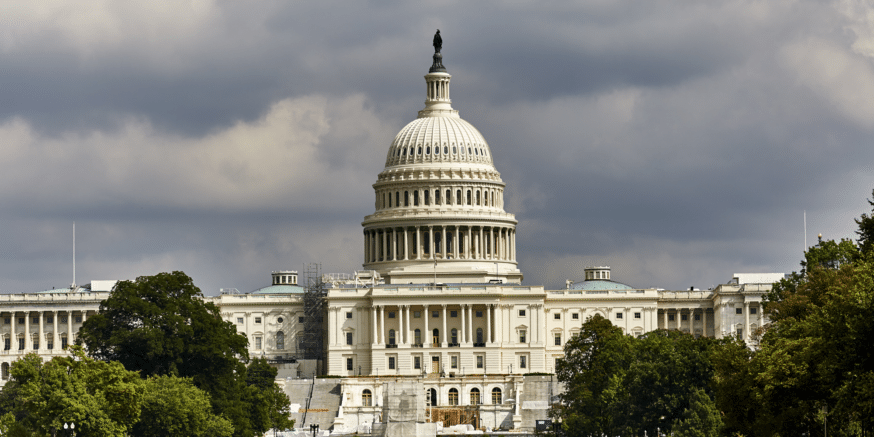The Buck Starts Here: A Call for Regulations
Today, Jay Clayton, chairman of the SEC, and J. Christopher Giancarlo, chief of the CFTC, will appear before the Senate. The agenda is entitled “Virtual Currencies: the Oversight Role of SEC and CFTC,” and both Clayton and Giancarlo will deliver testimonies to the Senate’s Banking, Housing, and Urban Affairs Committee. In either testimony, both regulators will make the case for their organizations’ regulation of cryptocurrencies, and in particular, cryptocurrency exchanges.
“Cryptocurrencies, ICOs and related subjects are the latest in a host of market issues on which we and our staffs have been closely collaborating to strengthen our capital markets for investors and market participants,” Clayton’s testimony reads.
The SEC has already regulated ICOs as securities, the testimony points out. Now, Clayton will petition the Senate as to “whether increased federal regulation of cryptocurrency trading platforms is necessary or appropriate,” as neither the SEC nor the CFTC has regulatory power over exchanges. Seeing as exchanges offer money-transmission services, they are licensed and regulated on a state-by-state basis.
A copy of Giancarlo’s own testimony echoes Clayton’s call for regulations to foster a healthy market. Giancarlo stressed that the CFTC does not have jurisdiction over “markets or platforms conducting cash or ‘spot’ transactions in virtual currencies or other commodities or over participants on such platforms.” But it does “have enforcement jurisdiction to investigate through subpoena and other investigative powers…virtual currency derivatives markets and in underlying virtual currency spot markets.” This would include “both regulatory and enforcement jurisdiction…over derivatives on virtual currencies traded in the United States,” such as Bitcoin futures.
The CFTC, then, would not have regulatory say over exchanges, but it would serve as the investigative arm of the law. In fact, we’ve already seen it play such a role in the subpoenas it issued to Bitfinex and Tether in December.
At the end of his testimony, however, Giancarlo makes the case for a federally regulated exchange landscape. He believes that “consideration should be given to shortcomings of the current approach of state-by-state money transmitter licensure that leaves gaps in protection for virtual currency traders and investors,” arguing that “ a rationalized federal framework may be more effective and efficient in ensuring the integrity of the underlying market”
To US Citizens, a Step in a Clearer Direction
Compared to some of its European and Asian counterparts, the United States has done little in the way of legislation to clarify its government’s position on cryptocurrencies. Moreover, regulations have been scarce, and any efforts have made small steps instead of great strides towards accommodating the infant assets.
The little we do know is that the SEC has defined ICOs (and most tokens) as securities, subjecting them to the securities laws currently in place. The IRS has also labeled cryptocurrencies as properties, while any gains made on investment should be factored into an individual’s income tax. Lastly, states have lead the way– as the law requires–to protect citizens from fraudulent platforms and exchanges, as Texas and North Carolina’s cease and desist orders to Bitconnect demonstrated.
Both Clayton and Giancarlo believe that increased federal regulation, legislative clarity, and general oversight are required to protect investors and nurture a healthier market. These initiatives, their testimonies argue, should pave the way for cryptocurrency’s future, a future both regulators feel is bright and should not be ignored:
“Said simply, we should embrace the pursuit of technological advancement, as well as new and innovative techniques for capital raising, but not at the expense of the principles undermining our well-founded and proven approach to protecting investors and markets,” Clayton will tell the senate in his concluding remarks today.
And Giancarlo is in complete agreement:
“We are entering a new digital era in world financial markets. As we saw with the development of the Internet, we cannot put the technology genie back in the bottle. Virtual currencies mark a paradigm shift in how we think about payments, traditional financial processes, and engaging in economic activity. Ignoring these developments will not make them go away, nor is it a responsible regulatory response. The evolution of these assets, their volatility, and the interest they attract from a rising global millennial population demand serious examination.”







